Pakistan political parties warn of resistance if new military operation launched in KP
Speakers stressed that decades of military action have failed to bring lasting peace to the province and tribal areas
Kamran Ali
Correspondent Nukta
Kamran Ali, a seasoned journalist from Khyber Pakhtunkhwa, Pakistan, has a decade of experience covering terrorism, human rights, politics, economy, climate change, culture, and sports. With an MS in Media Studies, he has worked across print, radio, TV, and digital media, producing investigative reports and co-hosting shows that highlight critical issues.
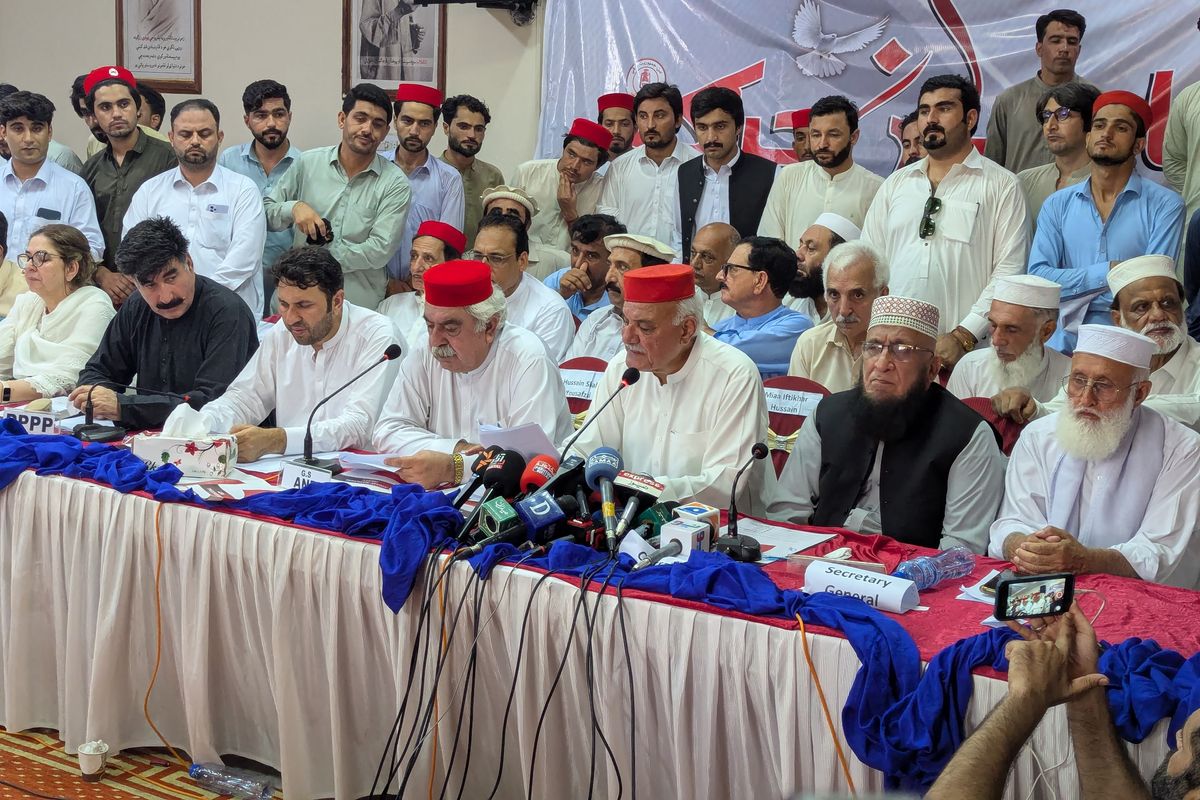
Speakers at the All Parties Conference held in Peshawar on Saturday.
Author
Pakistan’s major political parties have unanimously opposed any fresh military operation in the conflict-ridden Khyber Pakhtunkhwa (KP) province, warning the state of mass resistance and a potential long march to Islamabad.
The show of unity came during an ‘All Parties Conference’ (APC) called in Peshawar by the Awami National Party (ANP), a secular, Pashtun nationalist party with deep historical roots in KP. Although its parliamentary strength has dwindled -- currently holding only four seats in the 145-member provincial assembly -- the ANP remains a prominent voice on issues of peace and militancy in the region.
The conference comes amid rising speculation of a renewed military campaign in response to the latest wave of suicide bombings and militant attacks near the Afghan border.
Held under the banner of the Quami Aman Jirga (National Peace Assembly), the APC drew a broad political spectrum, including representatives from the PPP, PML-N, JUI-F, and PTM, as well as tribal elders, legal experts, civil society members, and lawmakers.
The ruling Pakistan Tehreek-e-Insaf (PTI) did not officially attend. Only one PTI member showed up, reportedly in response to ANP skipping a PTI-led APC two days earlier over its perceived silence on the planned operation.
Throughout the conference, speakers emphasized that military solutions had repeatedly failed to bring lasting peace. They cited the ineffectiveness of over 20 full-scale operations and more than 2,000 targeted missions since 2001 in curbing militancy in the province and tribal areas.
Key demands from the Jirga
The APC concluded with a 28-point resolution that included the following major demands:
- Declare Maulana Khanzaib, recently killed in Bajaur, as a “national martyr of the Pashtun people”, and initiate a judicial inquiry led by a Supreme Court judge within 10 days.
- Reject military action as a peace strategy; instead, send a political delegation to negotiate lasting peace in KP and merged districts.
- End proxy wars on Pashtun soil and dismantle all militant networks — without harming civilians.
- Form a joint committee of senior political leaders to soon announce a protest sit-in in Islamabad or Rawalpindi.
- Fully implement the 18th Amendment and reject any attempts to roll it back.
- Repeal the 2019 Actions in Aid of Civil Power law and ensure all missing persons are presented in civilian courts.
- Recognize enforced disappearances as a criminal offence.
- Transfer law enforcement powers in merged districts to civilian authorities.
- Prioritize reconstruction of war-affected areas and provide compensation to displaced populations.
- Oppose plans to place the Frontier Constabulary under federal control, calling it unconstitutional and a breach of KP’s rights.
'We want peace, not another war'
Voices from the tribal belt were among the most forceful in rejecting renewed military action.
Malik Gul Karim Khan Salarzai, a senior tribal elder, demanded an end to the “good vs bad Taliban” policy. “So-called ‘good Taliban’ are equally involved in terrorism,” he said. He added that even government officials are reportedly paying extortion money. “The question is, who are they paying it to? That must be exposed.”
ANP’s provincial president Mian Iftikhar Hussain echoed the jirga’s outrage, alleging that some militant groups were operating with state protection. “Some terrorists are hired assassins under state patronage,” he said. “If neither ISKP (Daesh) nor TTP claims recent attacks, then who is behind them?”
He reiterated the need for peaceful resolution: “The state is constitutionally bound to protect citizens. If we are pushed toward unconstitutional paths, the responsibility will lie with the establishment -- not the people.”


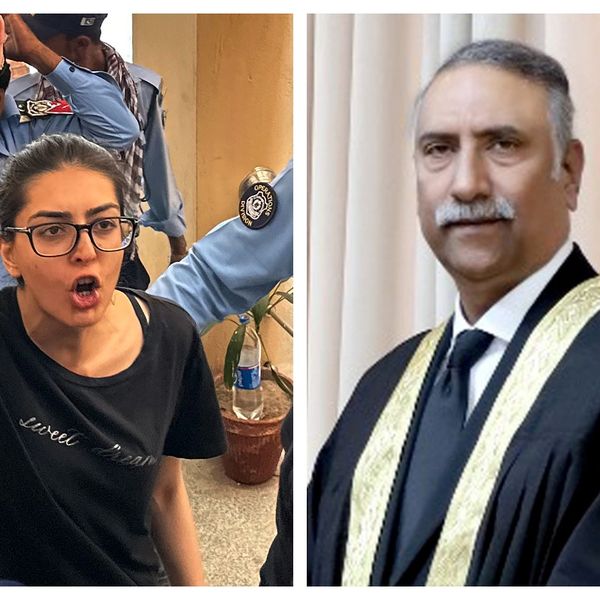
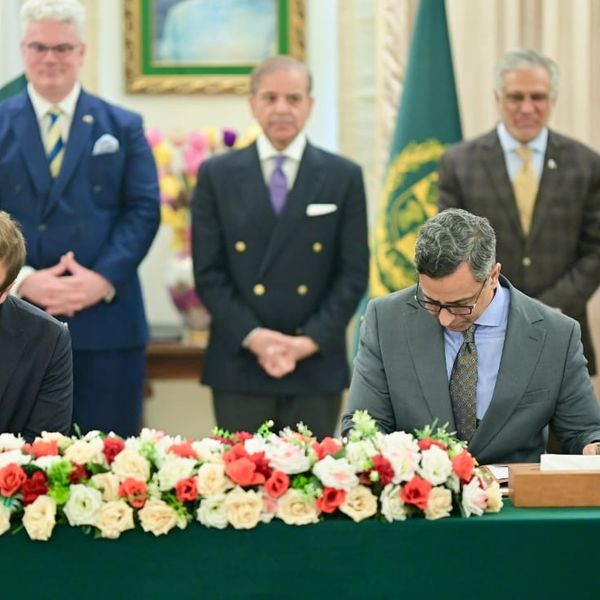
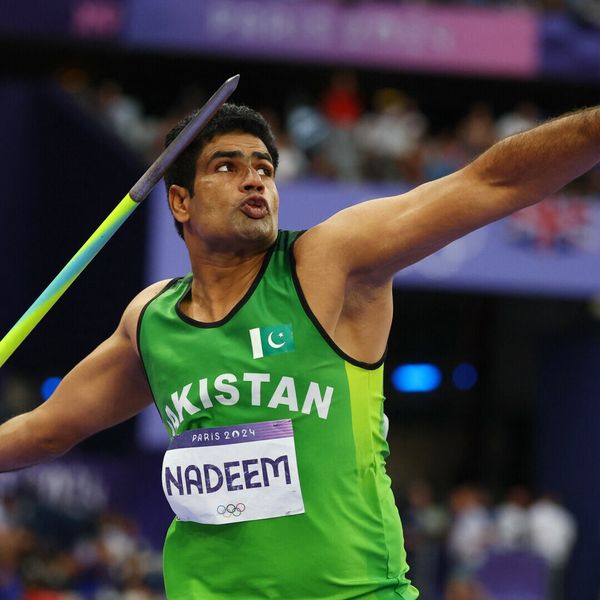



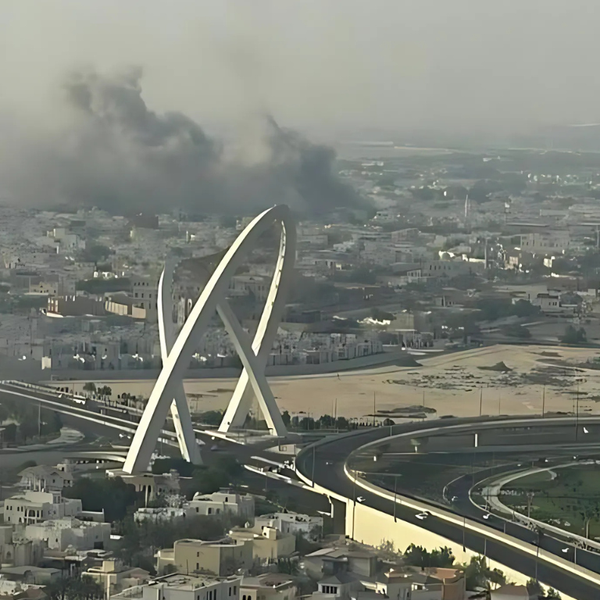

Comments
See what people are discussing